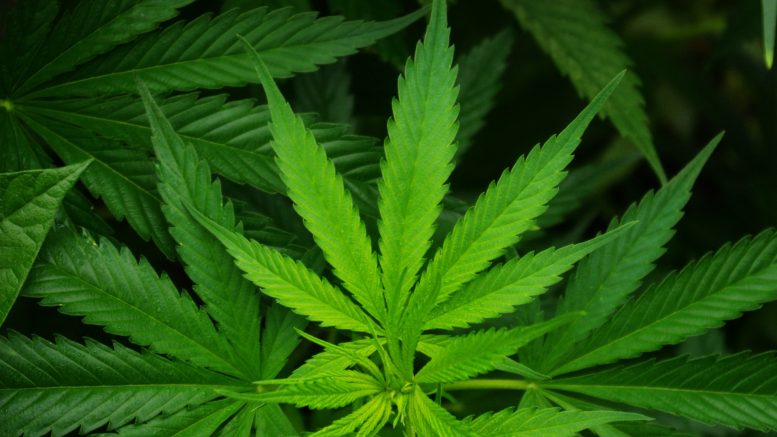By Brett Shweky/Sports Director
Within the sport of football, pain and injuries are just part of the game. The National Football League, along with other professional sporting leagues, have heavily relied on opioids and painkillers to try to keep their players on the field.
“I played for a year and a half for the Kansas City Chiefs,” said Nate Eachus, during the Super Cannaday panel on Feb. 3. “When I played, I would say 60 to 70 percent of the players were using medical cannabis.”
During his time in the league, Eachus primarily served as a run blocker, and only appeared in eleven games. He was released before the start of the 2013 season, after the Chiefs hired Andy Reid to fill their head coaching vacancy.
While Eachus spent time with Kansas City, the former fullback realized the large amount of cannabis users in professional football.
“I literally got tested once and that was during training camp,” said Eachus. “There are some guys, who aren’t disciplined to stop. Once they’re caught, they get put into a program where they’ll be tested almost every week.”
A study, which involved 644 retired NFL players, revealed that the rate of opioid use is four times higher with retired player than the general public. The study also found that about 52 percent of the athletes turned to opioids during their careers.
“They’ll throw opioids down your throat, they’ll give you toradol shots,” said Eachus. “Those medications have side effects, they make you feel bad the next day. Many of us players know that cannabis doesn’t have that many side effects.”
Former Baltimore Ravens tackle Eugene Monroe, during an interview with ESPN, spoke about the constant pain his body was under due to his football career.
“Managing it with pills was slowly killing me,” said Monroe. “Now I’m able to function and be extremely efficient by figuring out how to use different formulations of cannabis.”
Monroe became the first active professional athlete to publicly ask the league to allow the use of medical cannabis.
“Nate Jackson wrote two best selling novels, based upon his experiences in football,” said Dr. Barry Gordon during the panel. “During his novels, Jackson talks about his use of cannabis while he played and after he finished his professional career.”
In his novel, Slow Getting Up: A Story of NFL Survival from the Bottom of the Pile, Jackson called upon the NFL to remove cannabis from its list of banned substances.
Jackson, who is now a member of the Gridiron Cannabis Coalition, is still trying to have the league change their policy. The Gridiron Cannabis Coalition’s objective is to help the advancement of medical cannabis in sports and also in the modern age.
In July 2017, the NFL got in touch with the league’s players association offering to work towards a solution, and is willing to dedicate research towards the study of medical cannabis.
“We look forward to working with the Players Association on all issues involving the health and safety of our players,” said Joe Lockhart, the NFL’s executive vice president of communications, during a press conference.






Be the first to comment on "Alternative Medication: Former professional athletes lobby for medical cannabis"